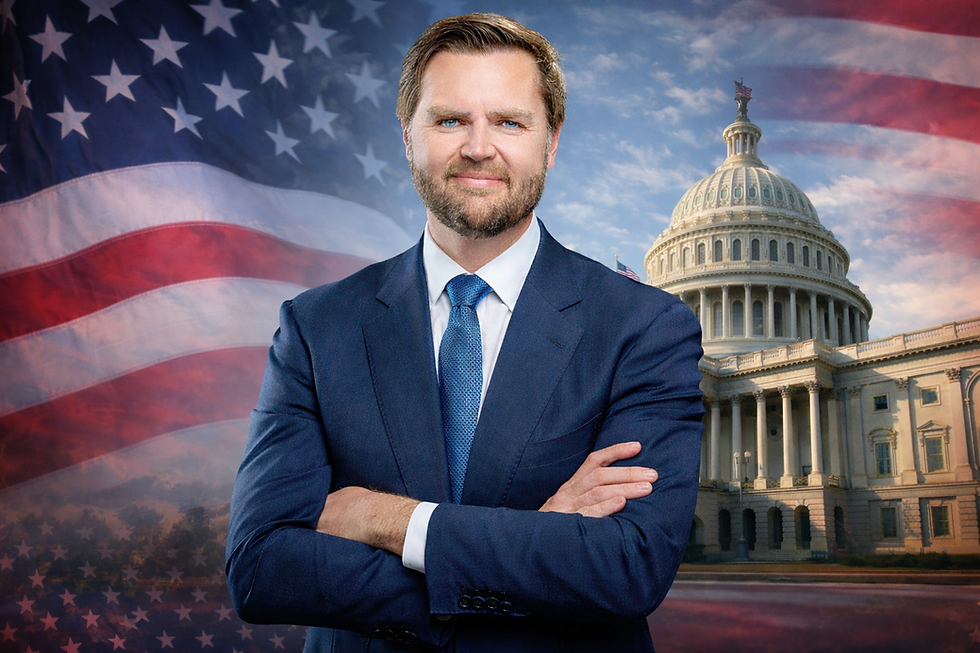Democrats Denounce GOP Anti-ESG Hearing as a Blatant Assault on Economic Liberty
- Capitol Times

- Jun 7, 2023
- 2 min read
Finance and energy experts testified before the House Oversight Committee on Tuesday, engaging in a heated debate over the impact of the environmental, social, and governance (ESG) movement on Americans' retirement savings, living standards, and civil rights. While some argued that ESG practices were impairing the economy and infringing on individual freedoms, others protested that efforts against ESG threatened economic freedom.

Mandy Gunasekara, the director of the Independent Women’s Forum Center on Energy and Conservation, expressed concerns about the influence of ESG investing on the market and its alignment with a leftist political agenda. Gunasekara argued that the ESG industry was driving up energy prices, resulting in financial hardship for American families. She highlighted the fact that one in six households was currently behind on electricity bill payments and claimed that progressive energy policies had contributed to an average increase of $10,000 in household expenses over the past two years.
Gunasekara further criticized the ESG movement for its perceived attempt to divert capital away from certain companies deemed politically unfavorable. She argued that this approach made achieving the American dream contingent on conforming to the demands of the so-called "woke left." Gunasekara also raised concerns about the alleged suppression of free speech within companies due to the "oppressive governance policies" associated with ESG practices.
The negative impact of ESG on pensioners' investments was also a topic of discussion during the hearing. Witnesses pointed to recent declines in stock prices for companies like Target and Anheuser-Busch InBev, attributing the drops to controversies surrounding their association with social justice causes. These examples were presented as evidence that ESG-related initiatives could reduce the value of pensioners' investments.
Stephen Moore, a senior fellow at the Heritage Foundation, further highlighted his research on ESG-related shareholder proxy votes. Moore claimed that the largest asset managers, including BlackRock, Fidelity, Vanguard, and Charles Schwab, consistently voted in favor of ESG-related proposals, often against the preferences of company management. He argued that such practices were invasive and harmful to companies.
Democratic members of the committee pushed back against the arguments put forth by the experts, asserting that GOP efforts against ESG threatened economic freedom for Americans. They emphasized the importance of considering environmental and social factors when making investment decisions, arguing that ESG practices could promote sustainability and address societal challenges.
The hearing showcased a stark divide between those who view the ESG movement as a hindrance to economic growth and personal freedoms and those who see it as a tool for advancing sustainable practices and social causes. As the debate rages on, the implications of ESG on financial markets, retirement savings, and civil rights continue to be fiercely contested issues in the realm of finance and energy.





